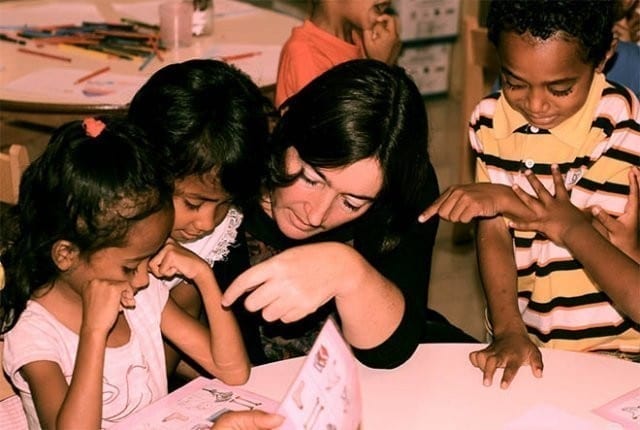The Paris Agreement will officially go into effect thirty days from today, after 72 countries, representing 56.75% of global greenhouse gas emissions, ratified the deal.
[Read more…] about Paris Agreement to face credibility test after being ratified by 72 countries






